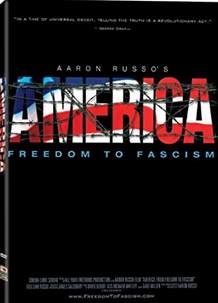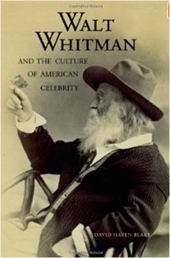Passionate call to action from leading-edge libertarian director Aaron Russo
Reviewed by Brian R. Wright
 Review originally posted, April 2007. — bw
Review originally posted, April 2007. — bw
Give me control of a nation’s money and I care not who makes its laws. — Mayer Amschel Bauer Rothschild
The Constitution is just a goddam piece of paper.
— George Bush II
Today I come down to earth with commentary on Aaron Russo’s important documentary for resolving two peculiarly American precipitants of tyranny: the income tax and the Federal Reserve Act. Both of these confiscation-and-control mechanisms were set in place in the ominous year of 1913.
Note: This review was written originally in spring of 2007. Since 2003, with the publication of Peter Hendrickson’s Cracking the Code: The fascinating truth about taxation in America, steadily increasing numbers of people have come to understand that the federal income tax is NOT unconstitutional—namely, because income is very specifically defined in the statutes and code as an excise due to exercise of a federal privilege.
When I first wrote this review, neither the producer of the film nor I were aware of the ‘Hendrickson Discovery.’ Thus several of Russo’s observations about the tax while correct in spirit (if one uses the incorrect yet commonplace definition of income) are not correct in fact. Still, I have retained the wording from the original review.
[The fact is that a goodly part of the intent of those behind the 16th Amendment was to obfuscate the reality of the income tax as solely applying to payments or property rendered to an individual from the federal government. IOW, these tax advocates did want—via subterfuge and deception—the people to come to believe that their non-federal direct earnings were subject to the tax.] Continue reading


